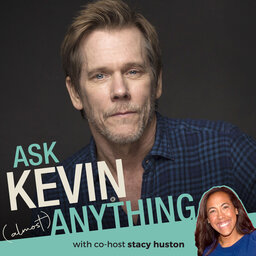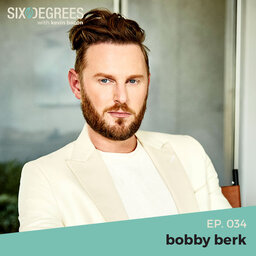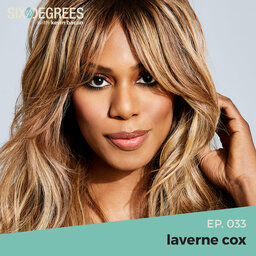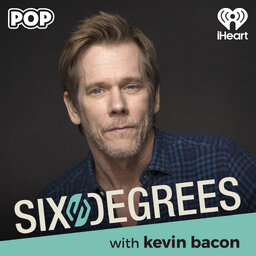On Our Sleeves w/ Alex Daddario
Alex Daddario and Kevin chat about prep school etiquette, White Lotus' massive success and how young people are facing mental health challenges at an all-time high. Dr. Ariana Hoet from "On Our Sleeves" joins the show to discuss how her organization is leading the charge in children's mental health.
*Note: this interview was recorded before the SAG-AFTRA strike took effect.
To learn more and get involved with On Our Sleeves, head to OnOurSleeves.org. To support more initiatives like this program, text 'BACON' to 707070 or head to SixDegrees.Org to learn more.
In 1 playlist(s)
Six Degrees with Kevin Bacon
A singular star, everyone ( and we mean everyone! ) is connected to ...KEVIN BACON. He has starred…Social links
Follow podcast
Recent clips

Ask Kevin (Almost) Anything - Total Eclipse, Earth Day, and The Game That Started It All
45:03

Stand Up To Cancer with Bobby Berk
45:25

Changing The Cultural Context with Laverne Cox & ACLU
43:18
 Six Degrees with Kevin Bacon
Six Degrees with Kevin Bacon